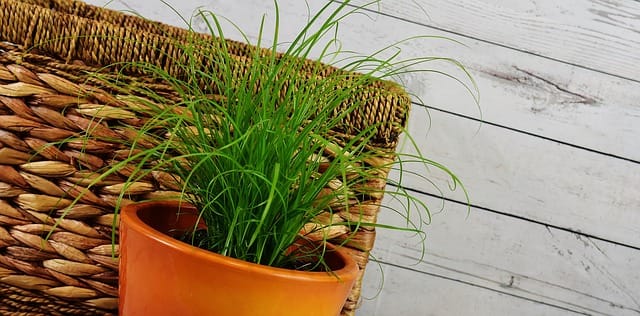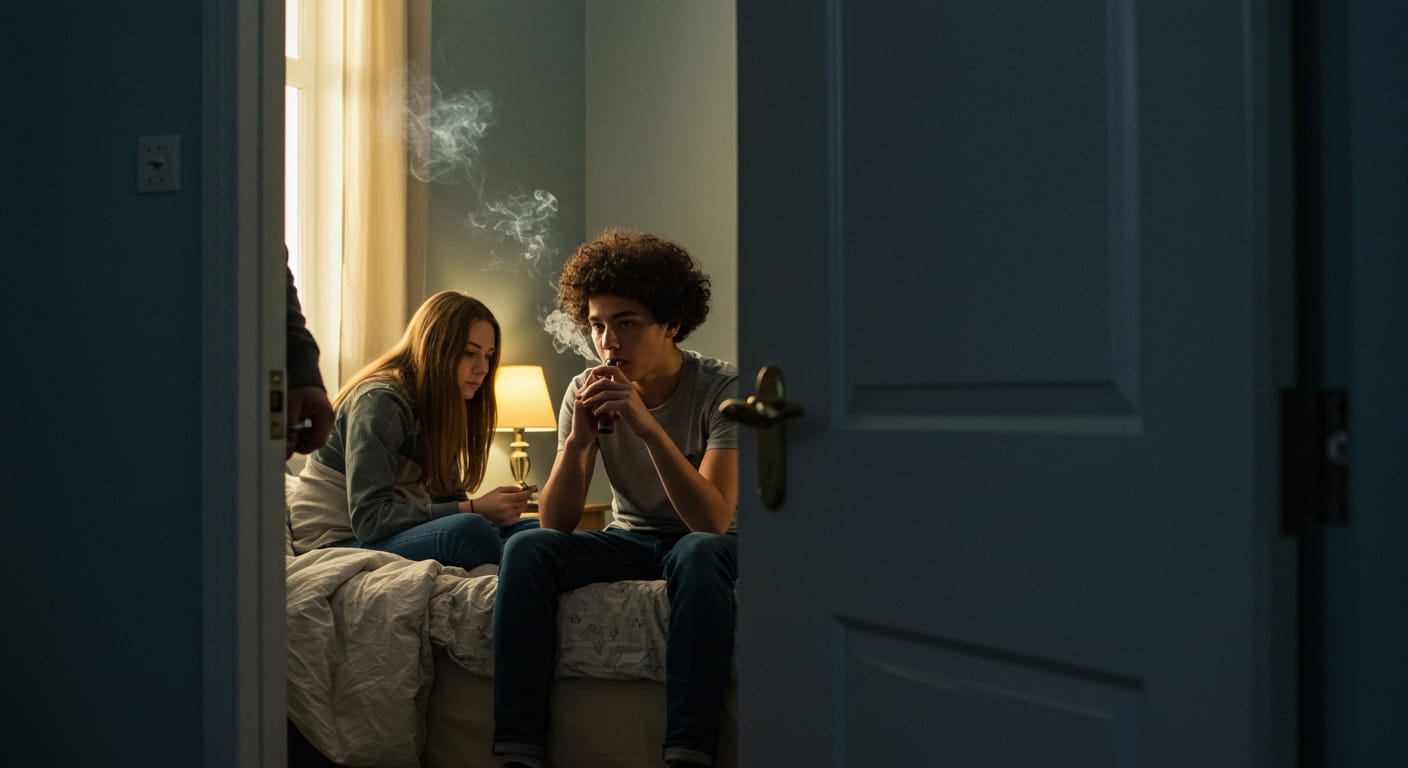Legal Marijuana Needs Parental Monitoring
Legal marijuana is now a regular part of the news cycle. In many states, it’s permitted for medical and recreational use. But despite the growing normalization, marijuana is no child’s play.
The media often portrays weed as trendy or harmless, especially because it’s convenient and legal in some areas for therapeutic use. However, just because something is legal doesn’t mean it’s safe for teens.
Historically, marijuana was even considered one of the five sacred plants for meditative purposes. Yet when it comes to children and adolescents, the narrative must shift toward caution, education, and responsible parenting.
Why Teens Are at Risk
Teenagers are especially vulnerable to the long-term effects of marijuana. Many are introduced to it through peer pressure, and smoking a blunt can be seen as a rite of passage—a way to fit in, be “cool,” or emulate influencers and music icons.
While marijuana may seem like a “harmless herb” to some, its impact on a developing brain can be severe. Continued use among teens has been linked to:
-
Memory loss
-
Decreased academic performance
-
Depression and anxiety
-
Increased risk of developing other mental health disorders
-
Potential gateway to experimenting with harder drugs
Bob Marley once said, “When you smoke the herb, it reveals you to yourself.” But for many teens, it may reveal mental health struggles that spiral out of control.
How Teens Consume Marijuana Today
Modern marijuana use isn’t limited to rolling joints. It now includes:
-
Vaping THC concentrates
-
Edibles that look like candy or snacks
-
Spliffs (a mix of tobacco and marijuana)
-
Dangerous combinations like lacing with PCP or synthetic chemicals
These methods increase the potency and the risks, making it even more urgent for parents to stay informed and involved.
It’s Not a Game: Legal Doesn’t Mean Safe for Teens
Even in legal states, marijuana should never be accessible to minors. Studies show that exposure to cannabis during adolescence can negatively affect physical development and brain function, particularly in areas related to memory, attention, and decision-making.
Many adolescents who begin with marijuana end up:
-
Developing substance use disorders
-
Turning to more dangerous drugs
-
Struggling with emotional regulation
What Parents Can Do
-
Educate early: Don’t wait for the school or a PSA. Talk to your kids about the real effects of marijuana, beyond what social media glamorizes.
-
Set boundaries: Let your child know that “legal” doesn’t mean “safe” or “harmless.”
-
Stay alert: Watch for signs of behavioral change, declining grades, or new friend groups.
-
Know what they’re using: Many teens don’t realize that their “bud” may be laced with addictive or toxic chemicals.
Final Word: Marijuana Is Not a Toy
Until more research is available, parents must treat marijuana like any other adult substance—one that is off-limits to children and monitored closely.
Reefer is not a game. It’s not something for your child to “experiment” with casually. As legalization spreads, so must education, awareness, and parental involvement.
Let’s keep the conversation going—because prevention starts at home.



Thank you for writing this article. The public need to know this drugs can be damaging for all people but more so for the children.
Rosline, thank you for taking the time to respond and comment on this article. Yes, drugs are damaging and teens and family need to be aware so they can make an informed decision.
I smoked when I was younger and HATED it! It didn’t help my anxiety, it made it worse! I was in the hospital after smoking once because it brought on a bad panic attack. I don’t smoke or drink alcohol. I know a lot of people who do though. I am all for weed being used as medicine but when it comes to “fun smoking”, it is just as bad as alcohol in the sense that people use it to forget and it ruins relationships. Trust me, I dated 2 smokers and dumped them both! My niece has bee smoking for a few years now and she is only 17. She also did X last year and busted her jaw. Yeah, it is a gateway drug and parents need to take it more seriously.
Britanica, Thanks for your comment.